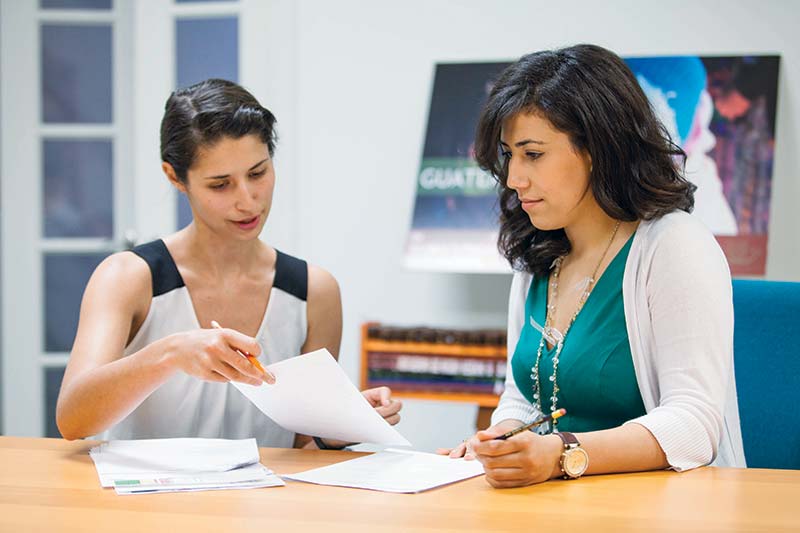In the course of our strategic plan and the comprehensive campaign, a lingering “to do” has been the establishment of a Center for Women in the Workforce. As part of Meredith’s mission to prepare women for lives of impact and distinction, we ensure our students’ readiness for the workplace (defined broadly from corporations to non-profits to government, military, and other entities including volunteer organizations). Is there more we can do in this critical arena?
We have identified a number of avenues for further exploration, including some compelling questions and emerging themes that might help shape future conversations:
- Our students are academically prepared to go to work or to top graduate programs. Are they equally prepared to understand and adjust to how the work environment (professional identity and image, decision-making, confidence, short- and long-term projects, boss/colleague/supporting relationships − even dating) differs from their collegiate experience? Building on the success of StrongPoints®, is there a new way to think about career planning and even alumnae relations that would open pathways for life-beyond-college transitions and support? Is this something for which Meredith could be a national model?
- Similar to our work and subsequent reports on the Status of Girls in North Carolina and Women in N.C. Politics, could we summarize and collect data on conditions for women in the workplace (e.g., opportunities for advancement, geographic/field effects on work opportunities, harassment, discrimination, equitable compensation, evaluations, etc.)?
- Many corporations are increasingly aware of the value of a women-friendly workplace where the contributions of women result in greater employee satisfaction and corporate profitability. Is there any interest and value in our becoming a resource for corporations, non-profits, government agencies, and other entities on discerning to what degree they have (or have not) created a women-friendly workplace? Could we develop an anonymous-responder assessment tool that could be administered to help these entities see whether and where any weaknesses exist?
- Based on summary data of ways to enhance women-friendly conditions in the workforce, or based on the assessment of individual workforce entities, would we want to offer workshops or individual consultations to identify ways to enhance women-friendly conditions? Might such enhancements to our graduate programs appeal to men students who want to lead in a women-friendly environment?
Numerous questions exist, of course, about timing, funding, leadership, goals, outcomes, and more. Whatever we create could lead to a mini-campaign to push us over our $75 million goal for Beyond Strong | The Campaign for Meredith.
Key is that Meredith is asking the critical questions, weighing data, analyzing responsive opportunities, and more. And we offer this focus on women because we are a women’s college, not because we do not care about men. Indeed, as many have argued, when women succeed, children, the elderly, our communities, and men succeed. Whatever we create, this important initiative is designed to take us ALL forward.
President Jo Allen, ’80
